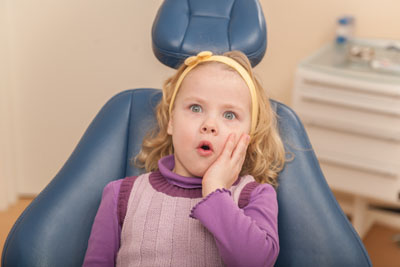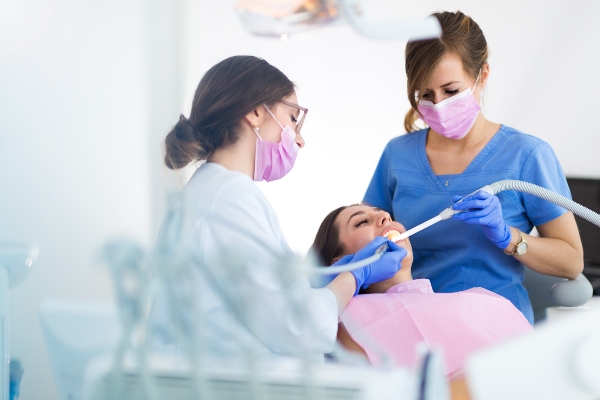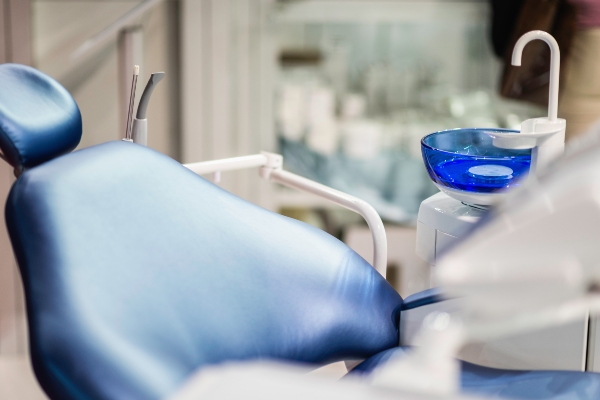Broken Tooth? Visit an Emergency Dentist

Sometimes a broken tooth is unavoidable. Your teeth are sturdy and can survive a lifetime of use if you maintain proper oral health. However, even with excellent oral hygiene, you can still experience a broken tooth.
If the tooth is fractured, broken, chipped or cracked, then do not hesitate to visit an emergency dentist immediately. This will save you from unnecessary waiting periods and queues, and prevent further complications.
Information about a broken tooth
Causes
The teeth may be the hardest part of the body, but it is prone to damage. Regular brushing and flossing are not enough to prevent your tooth from breaking if you suffer a hard fall involving your mouth. However, oral hygiene practices are effective against cavities, which can also make the tooth brittle and cause breakage. Other factors responsible for a broken tooth include biting down on hard materials, chewing hard foods, sports mishaps and facial injuries due to an accident.
First response
Before you get to the emergency dentist, you can take a few measures to alleviate the pain and protect the tooth. Using a gauze, apply pressure to any bleeding parts or affected area for about 10 minutes or until the bleeding subsides. Place an ice pack on the mouth and lip to stop swelling. You can ask the dentist for recommendations regarding pain medications. But, you should never apply topical painkillers or use aspirin on the broken tooth to prevent gum injuries.
Treating the broken tooth
The emergency dentist can treat a broken tooth in different ways, depending on the severity of the breakage.
- A simple chip on the tooth’s edge can be filed or repaired with a tooth-colored composite filling
- A root canal procedure may be required if the nerve was damaged from the injury. In some cases, the dentist may fill the crack and hold it together using dental cement
- A dental crown is usually used to repair a severely broken tooth
- If the tooth is pushed up the socket or shifted to the side, the emergency dentist will adjust and stabilize the tooth
- In rare events, the dentist may suggest removing the broken tooth and substituting it with a dental implant or bridge
It is easy to repair tooth breakages that affect only the tooth’s crown. This can be fixed by bonding the broken crown or using a filling. Dental crowns and bridges have been in use for a long time and are designed to look like the existing teeth so the damage will not be conspicuous.
In conclusion
To prevent the risk of complications, getting immediate dental attention from an emergency dentist is essential if you have a broken tooth. If the tooth detaches entirely from its socket, the biggest concern is root resorption. This occurs when the body rejects the injured tooth.
Ensure you monitor the affected area after treatment and return to the dental office for checkups to ensure proper healing. If you notice any abnormality with the tooth, call the emergency dentist immediately.
Request an appointment here: https://www.lilburnfamilydentistry.com or call Lilburn Family Dentistry at (770) 800-0178 for an appointment in our Lilburn office.
Check out what others are saying about our services on Yelp: Read our Yelp reviews.
Recent Posts
Your dentist can help determine if you need dental crowns. There are many reasons for getting these restorations. The main goal is always to restore the tooth and enhance its functions. Here are the signs you may need dental crowns soon.Losing at least one tooth can cause more dental problems. It can lead to dental…
Dental crowns may be the final touch after a root canal treatment. This therapy is your dentist’s effort to keep your teeth intact. It aims to remove the source of pain and infection. In some patients, extra tooth protection is necessary after a root canal. Here are the details about when dental crowns are necessary…
Dental crowns are one of the most popular and effective restorations dentists use to restore and protect damaged teeth. They are tooth-shaped caps that cover your natural, damaged tooth. While the procedure is performed in two appointments, it is relatively straightforward and involves little to no discomfort.Several types of dental crowns are available, each with…
A cosmetic dentist focuses on the appearance of a patient’s smile, while a general addresses oral health and function. Though their priorities differ, both play important roles in maintaining the smile. Understanding these differences helps patients determine which type of care matches their needs.A general dentist is a primary care provider for oral health who…


